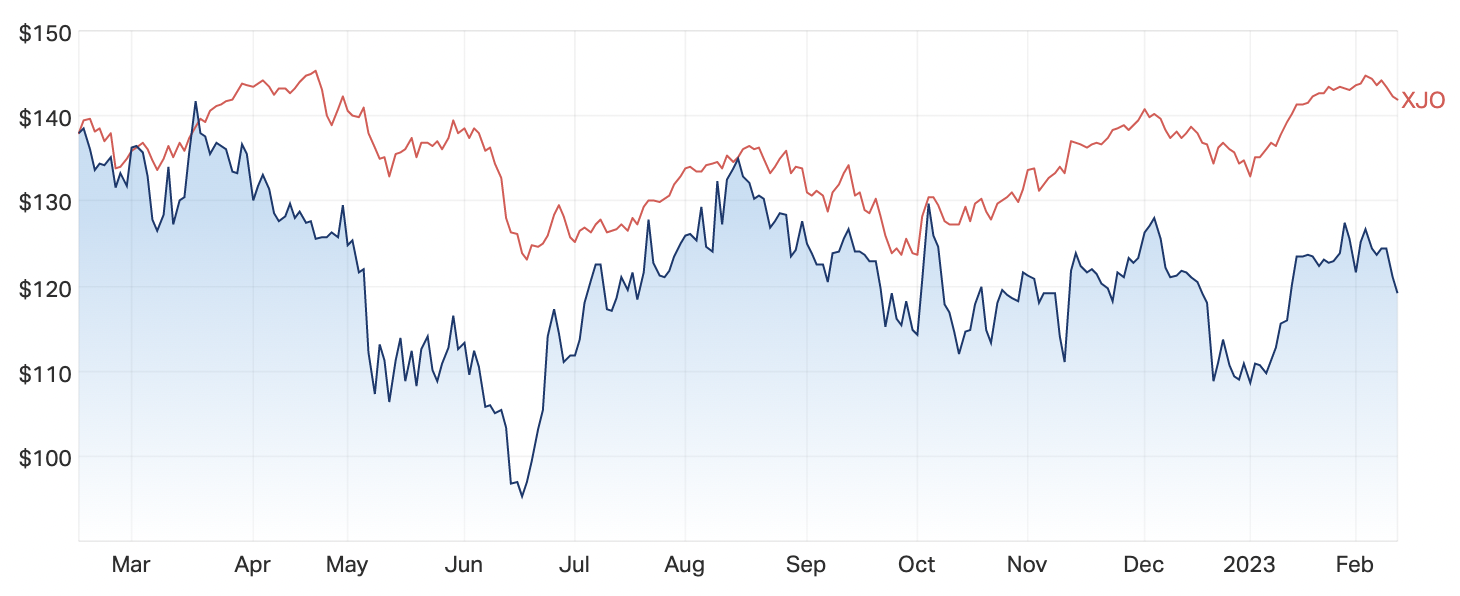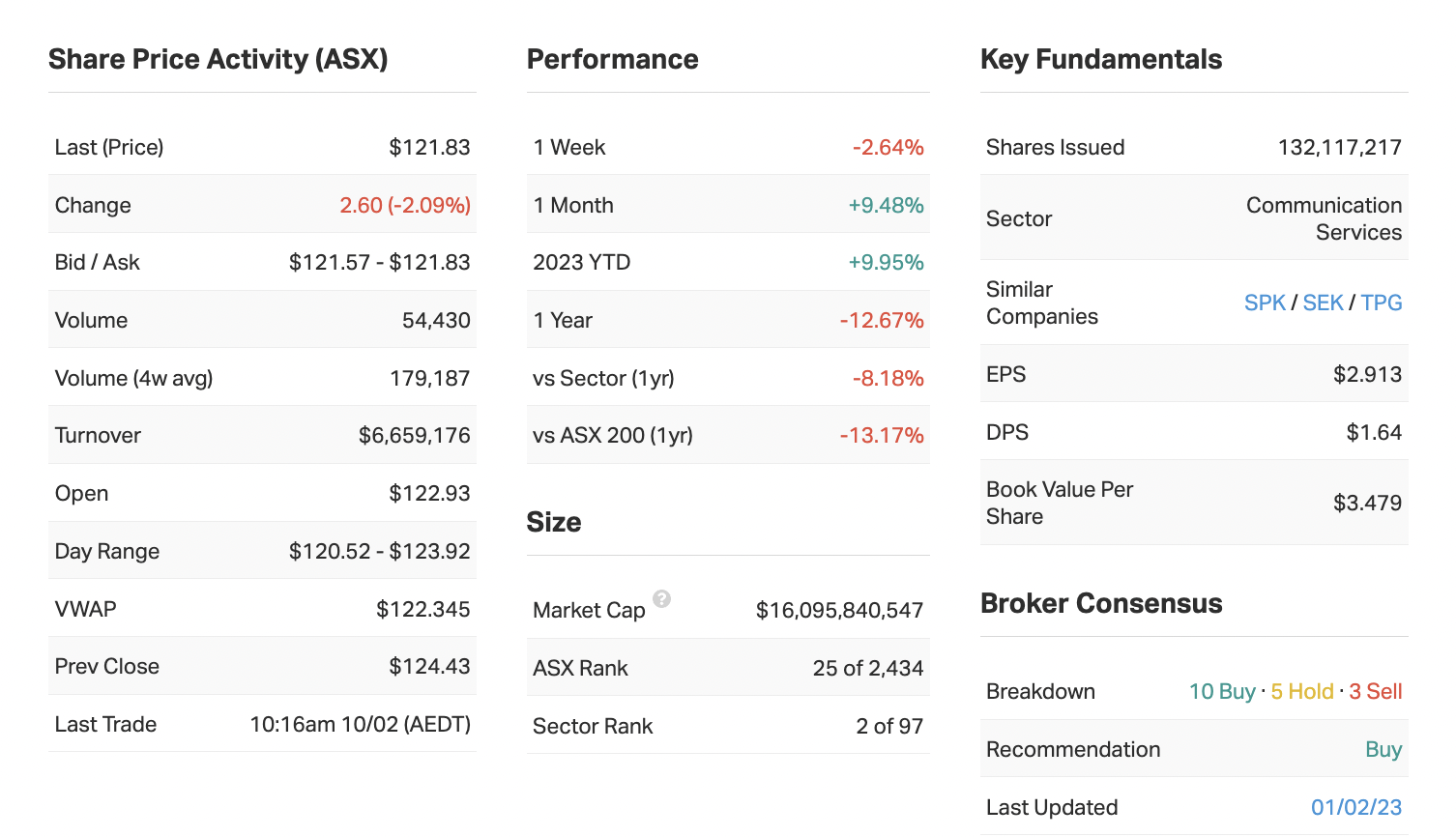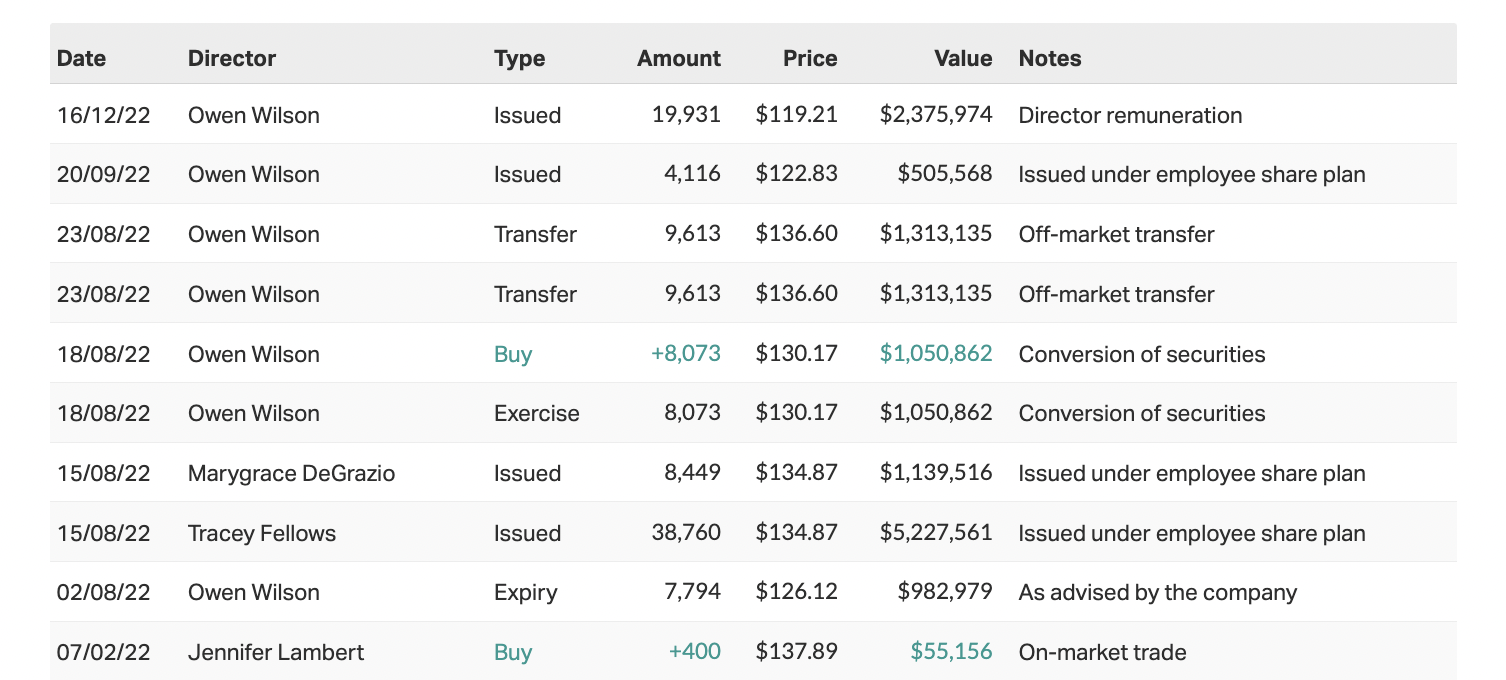Not even a property price crash can stop this company
Since the lows of last year, the Australian cash rate has jumped a whopping 325 basis points, sending home values (and equity markets) south.
In fact, according to CoreLogic, "January marked a new record for how much and how fast dwelling values have fallen in Australia". Based on its monthly index, home values have fallen 8.9% since peaking in April last year - the fastest and largest decline since the research houses' records began in 1980.
Since the low in April, repayments on a $500,000 variable rate owner-occupier mortgage have increased by $821 a month, while loan repayments on a mortgage of $750,000 have lifted by $1232 a month.
And yet, despite the weaker property market, locally-listed real estate advertising business REA Group (ASX: REA) managed to increase its revenues by 5% to $617 million. This comes as residential listings plummet 9% in the first half.
Because of this, Schroders' Ray David believes REA has demonstrated that it has one of the strongest levels of pricing power on the ASX. And that's not all...
Read on to learn about REA's latest earnings report, the risks that could be on the horizon, as well as why David believes the group is still a buy despite the weakening outlook.

Note: The interview took place on Friday 10 February 2022.

REA Group H1 Key Results
- Revenue of $617 million, up 5%
- EBITDA (excluding associates) of $359 million, down 2%
- Net profit of $205 million, down 9%
- Interim dividend of 75 cents per share, flat year on year
- OPEX of $258 million, up 15%
- Residential listings are down 9% nationally in the first half
- Earnings per share of 155 cents, down 9%
Key company data for REA Group

In one sentence, what was the key takeaway from this result?
It's now clear that REA is a company that has some of the strongest pricing power on the ASX.
What was the market’s reaction to this result? In your view, was it an overreaction, an under-reaction or appropriate?
The stock is off about 3%, which is probably not a bad outcome, given the environment is deteriorating. But what I'd say is that stock prices do tend to be quite volatile when results are announced because it takes some time for investors to digest information. What's more important is how the stock reacts over the coming weeks, as investors make decisions.
The main driver of when a stock reacts to an announcement is expectations versus what's reported. And actually, expectations had started to decline going into the result. And the result itself actually slightly beat. So today's share price move is neither here nor there. If I had to pick one, I'd say it's a bit of an overreaction.
It's actually a really strong result. And if people think this is a tough result, wait till they see what's ahead.
Were there any major surprises in this result that you think investors should be aware of?
Management has really committed to its double-digit price growth forecast. And I think that's an amazing feat and a testament to REA's competitive position.
There are not many businesses that can increase prices at double-digit levels in an environment where volumes are declining and the outlook is deteriorating. So the fact that REA can hold onto that forecast tells you how solid the business is.
And then the other thing to watch, and I think this was a positive surprise, was the losses in India are starting to peak. And typically, as investors, we get quite nervous when companies expand to new growth markets, particularly emerging markets because they are tough. And they've built a business that's now number one in India and they're saying losses are about to peak. If they can hold onto that leadership and show a pathway to profitability, that could be a hidden growth option for shareholders.
REA has walked away from its guidance for the Australian business, saying that its forecast revenue growth may not exceed cost growth. But that's understandable. So some investors would say that was a negative surprise. But given the environment, I would say it's understandable and not a huge negative. And the fact that the stock hasn't reacted so negatively to that tells you the market had expected them to walk away from that guidance.
On top of that, it is still taking market share in this environment. If you see Domain's (ASX: DHG) guidance for revenue growth and profitability, this result is going to trump that result. And it just tells you how much of a great position REA is in relative to Domain. Domain will be more affected by the softness in listings because they've got a bigger exposure to Sydney and Melbourne. And I don't think Domain has the pricing power that REA has. So when Domain puts out its results, investors should be able to compare the two. And what you'll see is this is a fantastic result compared to what Domain's about to put out.
Would you buy, hold or sell REA on the back of these results?
Rating: BUY
The stock isn't incredibly cheap, but it's a very high-quality company. We own it in the portfolio.
For us, it's a buy because we think this level of pricing power is very difficult to find on the ASX. And there are some hidden growth opportunities.
It is still early days, but as I talked about earlier, India is a potential blue-sky option. And they are talking about realising their 20% interest in the move, which could provide capital for management to return back to shareholders.
What’s your outlook on REA and its sector over the year ahead? Are there any risks to this company and its sector that investors should be aware of?
The outlook is definitely getting more difficult, particularly on the volume side. And over the short term, there's definitely a cyclical risk that listings deteriorate further. But when we look at the listing volumes, they are at pretty low levels compared to history. And at some point, vendors will have to come to the market and adjust to the lower pricing environment.
When you look at what drives listings, it's either downsizing, death, divorce, or investor churn. Churn in the market has typically been about 4-5%, and is currently a lot lower than that. So we think listings will come back.
The risk for REA really, in our view, is regulatory risk. Because it's got such a strong dominant position, they are exercising pricing power, squeezing agents indirectly, and agents have to pass this on to the customers. The risk is that there is some regulatory interjection here by governments. And what could happen here is that - and they did this a couple of years ago - when they changed the way real estate agents could advertise auction reserve guides. And the risk is that the business is regulated and its pricing power is curtailed. But that's a very left-tail risk. We'd say that it's unlikely because you do have a strong number two player, Domain. And so as long as that player exists, it's not going to get treated like a monopoly business.
The fixed-rate mortgage cliff could actually be positive for REA as there would be more listings hitting the market. Right now, everyone is in the "wait and see" phase, trying to ride this period of weakness out. Those who acquired property at the market peak 12 months ago may say, "Look, I can't make my repayments, so let's list the property." That would actually be positive for REA.
The worst-case scenario for REA is that vendors hold on for a lot longer than 12 months and we are in this environment of weak listings for 12 to 24 months. If that's the case, then analyst estimates in the market are going to come back and stocks tend to underperform when that happens.
From 1-5, where 1 is cheap and 5 is expensive, how much value are you seeing in the market right now? Are you excited or are you cautious about the market in general?
Rating: 3-4
I'd say the market is probably between three and four, only because earnings expectations are still high. And so when you actually factor in lower earnings expectations, you are paying a slightly higher multiple for the market. Where I'd say there is a lot of value are sectors such as energy, insurance and commodities. And where I'd say there's not a lot of value are tech, healthcare and even defensives, such as staples. So it is a bifurcated market. It's not overwhelmingly cheap, but you can still make money.
Tech companies like WiseTech (ASX: WTC), TechnologyOne (ASX: TNE), and Pro Medicus (ASX: PME) are trading on stratospheric multiples. They actually haven't had any de-rating at all. You plot them against the NASDAQ and they've outperformed significantly. And that's because their multiples have gone up, despite yields rising. So Australian investors haven't ascribed a higher discount rate to those valuations. The market is overpaying for these profitable technology companies.
However, REA and Seek (ASX: SEK) are more mature tech companies. And therein lies the opportunity. The market is discounting a cycle in some of these stocks, where there's actually enough pricing power and some optionalities within these businesses. I could see the valuations for these tech businesses being supported at current levels.
10 most recent director transactions

Catch all of our February 2023 Reporting Season coverage
The Livewire Team is working with our contributors to provide coverage of a selection of stocks this reporting season. You can access all of our reporting season content by clicking here.
3 topics
6 stocks mentioned


